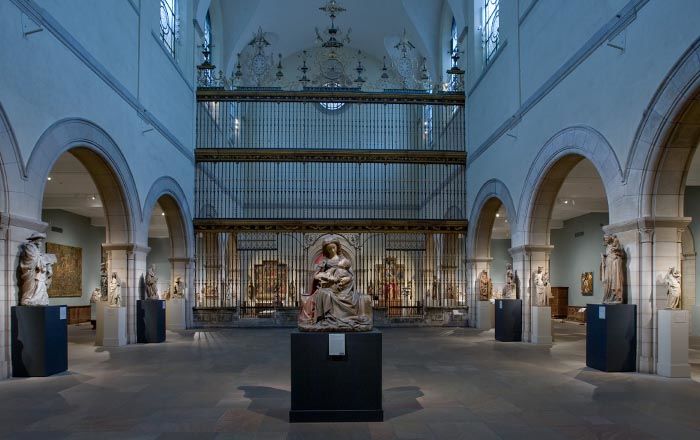Returned to lender The Met accepts temporary loans of art both for short-term exhibitions and for long-term display in its galleries.
Fragment from a Turban with a Tiraz Inscription
Not on view
Tiraz (pl. Turuz) are textiles usually inscribed with the name of the ruler, the state workshop in which they were woven, and the date they were produced. During the early Islamic period, they were often presented as honorific gifts. Similar works inscribed in Greek, Coptic, and Arabic were also made in private workshops.
Woven in luxurious yellow silk, the tiraz inscription in Arabic follows the standard format offering blessings to the Fatamid caliph al-‘Aziz (r. 975–96) and identifies where it was woven, "the private tiraz workshop of Tinnis," a town known for luxury goods. The date is now illegible.
This image cannot be enlarged, viewed at full screen, or downloaded.

